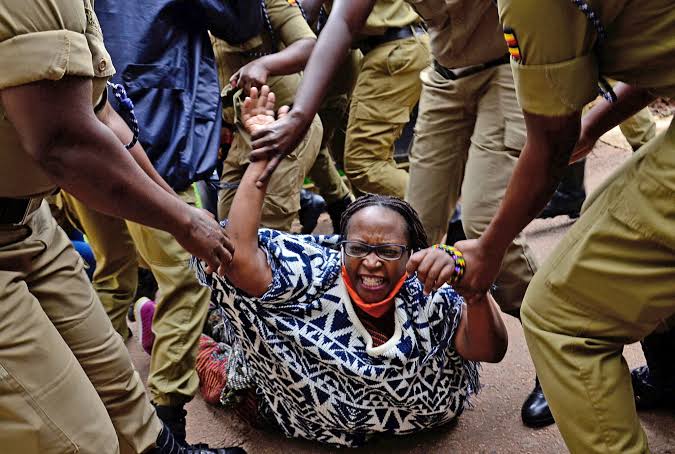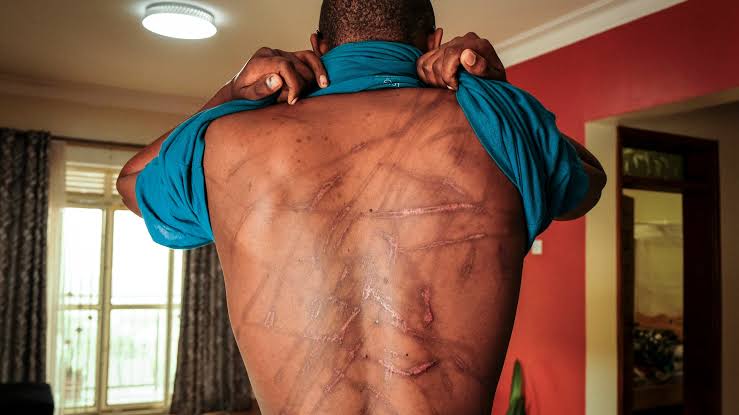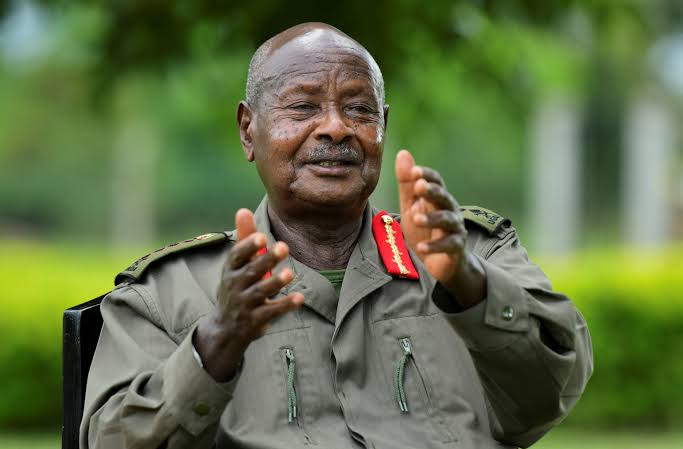
Faith Nyasuguta
Uganda’s opposition legislators are boycotting sittings to push the government into addressing increased cases of arbitrary arrests, brutality and extra-judicial torture by security agencies.
Last week, MPs stormed out of a plenary session to show solidarity towards their supporters, some of whom have spent over a year in detention without trial.
Last Tuesday, Mathias Mpuuga, the parliamentary leader of opposition, said the MPs had jump started the process to censure Security Minister Maj-Gen Jim Muhwezi over his failure to rein in security operatives implicated in kidnappings and torture.
“We believe the Minister of Security has abdicated his responsibility. He has been receiving complaints from the public over torture. We find him unfit to continue occupying that sensitive office,” Mpuuga said.
He noted that some families have had to pay ransom to security agencies to have their kin released.
In the last few weeks, a public discourse on torture peaked following the arrest and torture of award-winning author Kakwenza Rukirabasaija, who was picked from his home by military officials after a tweeting spree on President Yoweri Museveni and his son, Lt-Gen Muhoozi Kainerugaba.
The author was later charged with offensive communication.
With about a month in detention and at least two rejected court orders for his release, a court released the author on bail on condition that he would not discuss his case in the media or share his experience while in detention.
However, the writer has shared images showing injuries on his back, thighs and hands, which he said were sustained from beatings while in detention. He detailed that soldiers used pliers to pluck flesh from his body and made him dance an entire night as they beat him.

Separately, the opposition National Unity Platform paraded before the media its Kasese district co-ordinator Samuel Maseruka who had been earlier nabbed by the military.
Maseruka, who couldn’t walk without support, said he was tortured before he was released without charge. He has since filed a case against the government.
Data from the African Centre for Treatment and Rehabilitation of Torture Victims shows about 1,000 cases of torture annually.
On Tuesday, the Acting minister of Constitutional Affairs Muruuli Mukasa told parliament that torture of suspects, criminals or government opponents was not official government policy.
The same message is now being harped by government officials, including President Yoweri Museveni.
Esther Wasswa, the head of programmes at the African Centre for Treatment and Rehabilitation of Torture Victims said that her organisation records about 1,000 cases of torture annually, with many having no means or platform to speak out.
“Let us effectively document these cases. It might not be today or tomorrow but information is power. One day we shall hold the perpetrators to account,” she said.
Part of those released from detention have told horrifying tales of torture, and bear the marks on their bodies. Some are still missing.
In August following reports of torture of opposition supporters, the president who had earlier defended security officers for beating up Bobi Wine “properly” surprised the country and the world in a televised address condemning his security forces and warned them against use of torture, calling it ‘’ backward.’’

In the last few weeks, social media in Uganda has been inundated by public condemnation of torture and pictures of victims under the hashtag #EndTorture trending on Twitter.
“Don’t beat people, even criminals. You are not allowed to beat anybody, not even children. There shouldn’t be any killing of Ugandans for any reason other than during fighting,” Museveni said.





Recent Comments